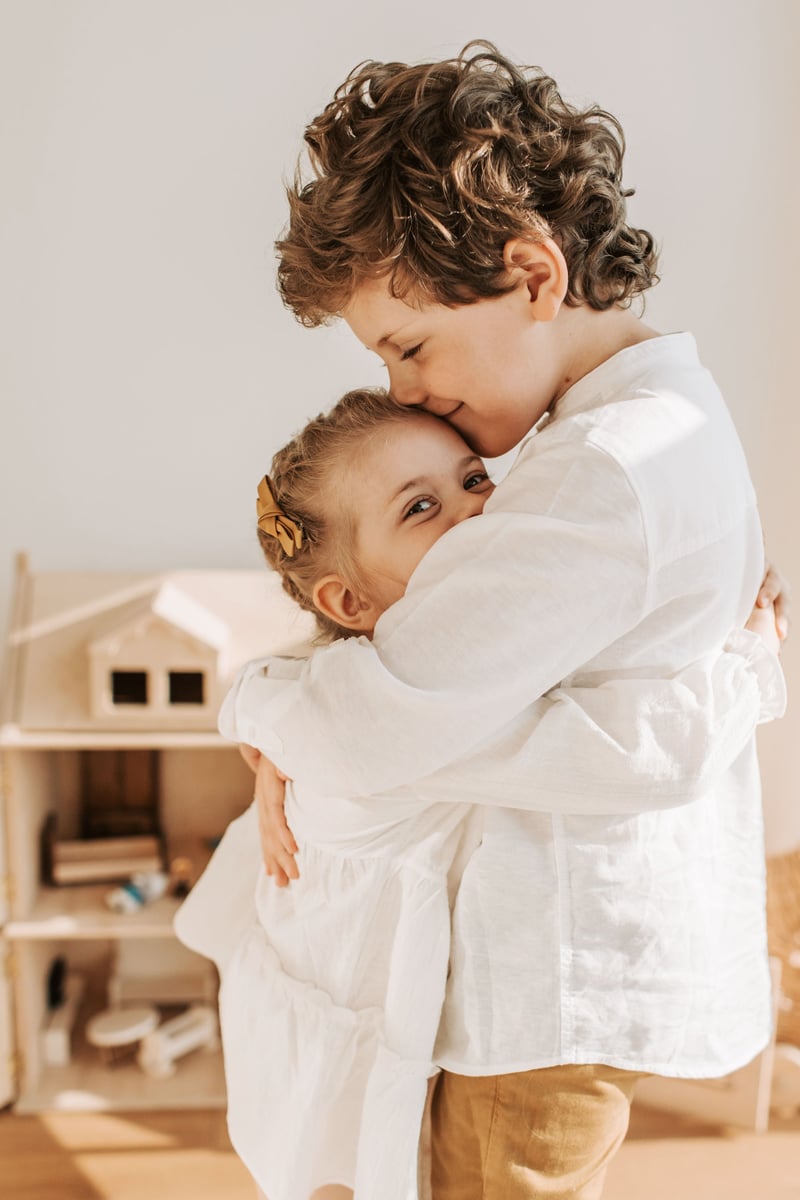
If your kids constantly fight with each other, then don’t despair. All that emotional energy isn’t going to waste.
According to a recent study, sibling fights teach kids important conflict resolution skills. In fact, parents who stop their children from arguing may well be depriving them of important learning opportunities.
Researcher Laurie Kramer from the University of Illinois in the US found that kids who learned how to argue with their siblings had more advanced emotional development.
Anecdotally, it seems that sibling fighting is one of the biggest impediments to parents enjoying family life. Many parents tell me that if their children stopped bickering their lives would improve dramatically.
Many parents also worry that their children who fight with each other will not get along as adults. The evidence doesn’t support this view. The test for strong families is more about the willingness for kids to pull together when the chips are down than it is about than the frequency of squabbling.
Healthy families know how to fight well. When parents take an active approach to helping their children resolve their fights, they are teaching them a valuable life skill as well as reducing the incidence of fighting over the long term. Here are five practical strategies to use:
Model good conflict resolution skills
Kids wear ‘L’ plates when it comes to solving disputes. Some kids will yell, get abusive or even get physical when they are settling disputes. Show them better ways of sorting out problems by talking things through with your partner, compromising and apologising when you’ve said something upsetting to your partner or your children.
Help kids manage their emotions
“Yep, it would make me mad too if someone said that to me.” Usually someone’s feelings get hurt when siblings argue, so make sure you recognise their emotions without taking sides. This focus on feelings helps kids develop emotional literacy and promotes empathy in siblings as well.
Monitor sibling relationships
Keep your antenna up for signs of discord within sibling relationships. Kids can sort out some disputes themselves, but you may need to be ready to intervene and assist with peace-brokering, or at least to act as a safety net, when one child continually appears to be on the wrong end of a power imbalance.
Mentor them to sort out disputes
Kids need the chance to sort their conflicts out themselves, but sometimes they need a little coaching. They often invite their parents to take sides, which is usually counterproductive. Rather than trying to sort out who started an argument, focus on possible solutions. Provide suggestions such as taking turns, giving way, bargaining, swapping or even walking away.
Encourage them to make up
Kids often get over disputes far quicker than adults. They can be squabbling one minute and cuddling up the next, so intervening gets tricky sometimes. However there are times when you need to encourage a child to mend bridges with an aggrieved sibling. This can mean a child has to swallow their pride, admit that they may be wrong, make an apology or make some sort of restitution such as doing a special favour. This type of restoration means kids must take responsibility for their behaviours and is a sign of growing maturity.
Children without siblings can learn conflict resolution skills by spending time with other peers and friends, and by having parents who are willing to argue with them without coming on too strong or laying down the law.
Conflict and siblings tend to go together. They are natural bedfellows. While sibling squabbles can be annoying, they also offer parents great opportunities to help kids to handle conflict effectively, which is a great life skill.
This article was reproduced with kind permission from Parenting Ideas.










